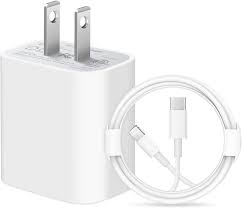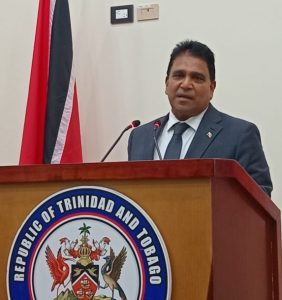
CONSUMER protectionism got a landmark win in Brazil last week. In a first-of-its-kind decision, Brazil’s Ministry of Justice and Public Security found the iPhone to be an insufficient product, since it was being marketed without a necessary component – its charging cable.
In 2020, Apple stopped including chargers with its phones, citing the this move offered environmental advantages aimed at reducing its carbon footprint by having consumers use their old chargers with their new phones. Understandably, consumers did not take this move very well and complaints were made in Brazil.
In a press release on its decision, the ministry stated: “The chargers are tying, selling an incomplete product or lacking essential functionality, refusing to sell a complete product through discrimination against the consumer and transferring responsibility to third parties.”
A tying agreement is generally regarded as a controversial market agreement where a seller agrees to sell a tying product (e.g. a cellphone) on the condition that the buyer purchases another different and additional product from the same seller (the charging cable).
Apart from being fined over $2 million, Brazil has banned Apple from selling iPhone models 12 and onwards in the country until a charger is included.
The decision brings into focus the unpopular practice of selling items that cannot be used right out of the box. In this country, for example, gas cooking stoves are unusable when bought. You have to separately purchase the gas cylinder head, hose and clips. It is the same for washing machines, where you have to separately purchase the power cord. The only difference with these examples from that of Apple is that you do not need to buy the other items from the same company, you can use other suppliers. But does that make it right? Shouldn’t consumers have a right to be able to use these products right out of the box?
Like Brazil, we do have laws that can be applied to protect consumers from unfair trade practices. Our Consumer Protection and Safety Act, Chapter 82:34 comes to mind. The Director of Consumer Guidance appointed under this Act determines whether any consumer trade practice adversely affects the economic interest of consumers in Trinidad and Tobago (see section 9).
Consumer protection has a long way to go in this country and we do have a framework to make it happen. The question is: Do we have the willpower to activate change? Be safe T&T.
Copyright © 2022 Neela Ramsundar, LL.B (HONS), L.E.C is a Civil Litigation Attorney at Law & Certified Mediator.
Disclaimer: The contents of this article are for general informative purposes only and/or contain the opinions and/or thoughts of the writer only. It does not provide legal advice and does not create an attorney-client relationship with any reader. For legal advice on your specific situation, please contact an Attorney-at-Law of your choosing directly. Liability for any loss or damage of any kind whatsoever allegedly incurred a consequence of relying on content in this article is thus hereby excluded to the fullest extent permitted by law.
![]()












